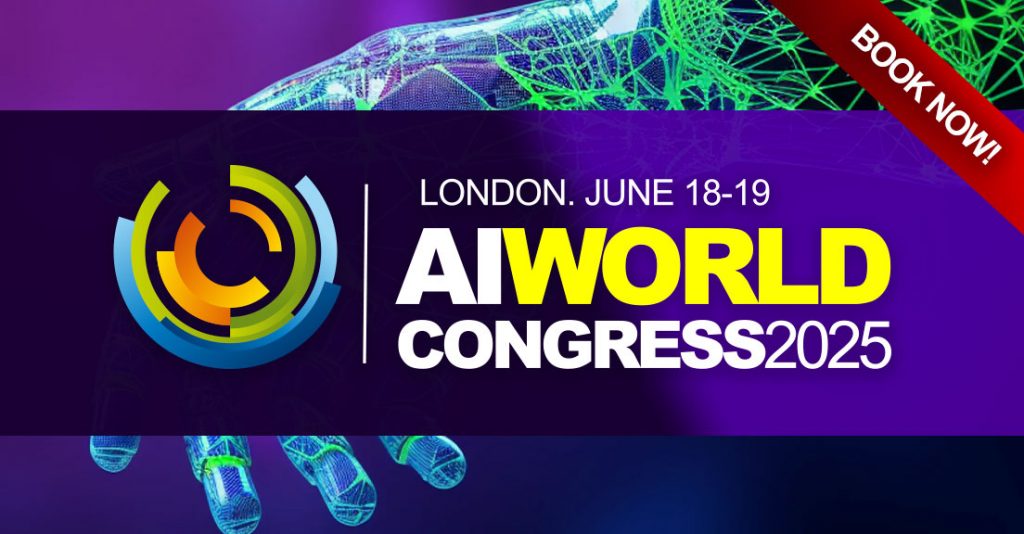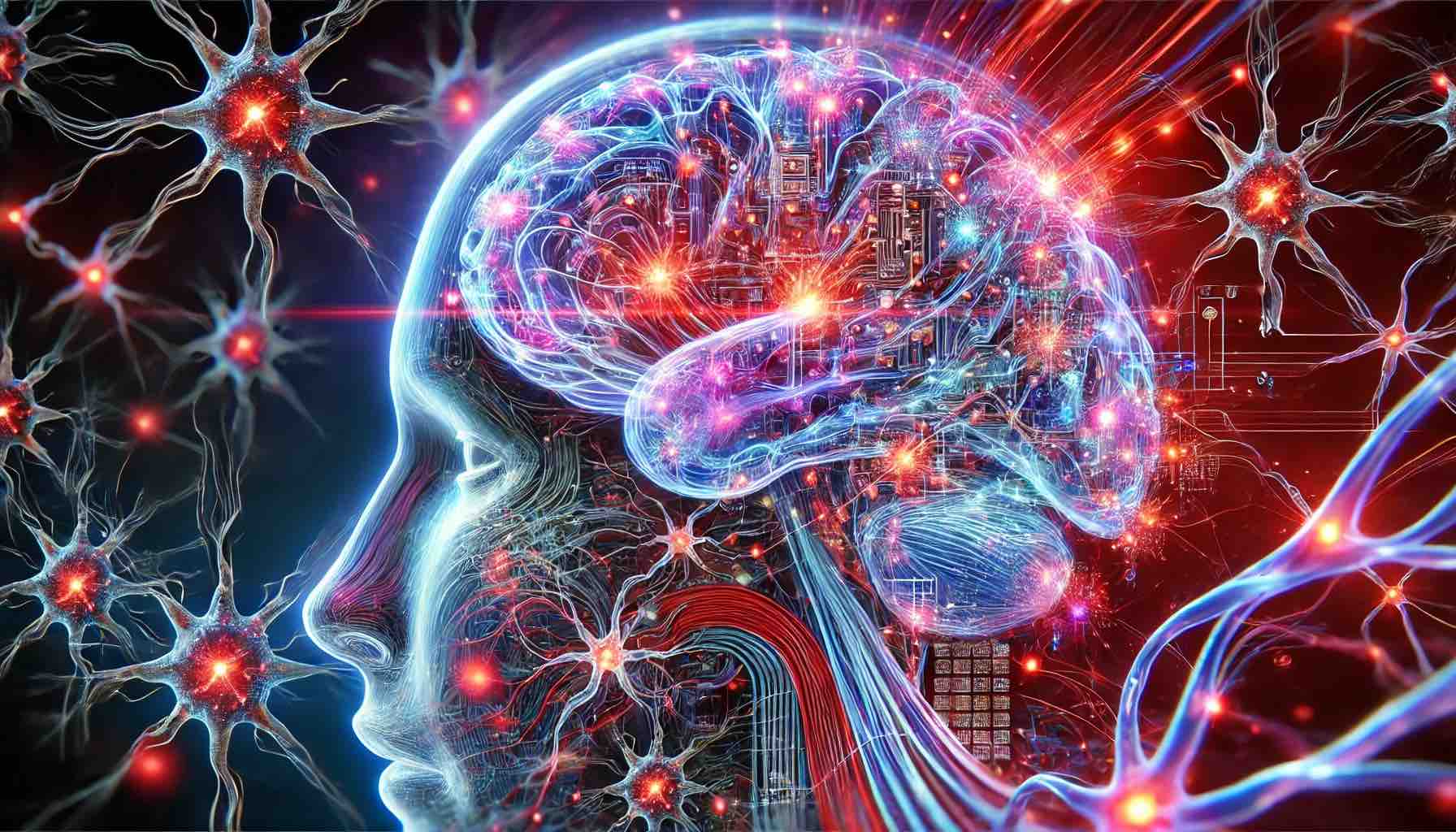

The advancement of AI technology has revolutionized neuroscience, enhancing diagnostics, predictive analytics, and personalized treatments. The following is a comprehensive overview of the top 10 AI neuroscience companies based in London, the UK, and Europe in 2024-2025. Each of these companies is playing a significant role in reshaping the landscape of AI in neuroscience with cutting-edge technology, diverse applications, and strategic industry partnerships.
1. DeepMind (London, UK)
Website: DeepMind
City/Country: London, UK
Profile: DeepMind, a subsidiary of Alphabet Inc., is a leader in artificial intelligence with profound applications in neuroscience. DeepMind has leveraged its expertise in AI to explore the functioning of the human brain, focusing on creating deep learning systems that mimic neurological pathways.
Applications: DeepMind’s AI algorithms have been applied to analyze complex neural functions, develop sophisticated brain mapping models, and conduct advanced research on diseases such as Alzheimer’s. Their collaboration with various universities across the UK aims to harness AI for new discoveries in neurodegeneration and cognitive neuroscience.

2. BenevolentAI (London, UK)
Website: BenevolentAI
City/Country: London, UK
Profile: BenevolentAI applies artificial intelligence to accelerate the discovery of new drugs, with significant applications in neuroscience. Their AI-driven platform analyzes vast datasets to understand disease mechanisms and identify treatment options faster.
Applications: BenevolentAI’s work in neuroscience focuses on leveraging AI to model complex neurological diseases, allowing researchers to identify new therapeutic targets for conditions such as Parkinson’s and ALS. They have partnered with major pharmaceutical companies to use AI for early drug discovery.
3. Neurolens (Berlin, Germany)
Website: Neurolens
City/Country: Berlin, Germany
Profile: Neurolens specializes in AI-powered neuro-diagnostics, providing solutions that assist in analyzing brain imaging data. Their systems use machine learning to identify abnormalities in brain activity, aiming for early diagnosis and intervention.
Applications: Neurolens’ AI is being applied in clinical settings to assess MRI and EEG scans for patterns indicative of neurological disorders. This technology helps healthcare providers with early diagnosis and treatment planning for epilepsy, multiple sclerosis, and other neurological conditions.

4. Cortexica (London, UK)
Website: Cortexica
City/Country: London, UK
Profile: Cortexica uses AI to develop solutions focused on visual recognition, with significant applications in the neuroscience field for understanding cognitive responses.
Applications: Cortexica’s technology aids in analyzing visual data to understand cognitive reactions in patients with visual impairments or neurological injuries. The AI algorithms can also help develop therapies for patients with impaired visual cortex function.
5. Elekta AI (Stockholm, Sweden)
Website: Elekta AI
City/Country: Stockholm, Sweden
Profile: Elekta AI focuses on creating AI systems for neurological radiosurgery. Their cutting-edge AI software assists with precision targeting during surgery, particularly for brain tumors and other neurological conditions.
Applications: Elekta AI’s Gamma Knife radiosurgery is one of their major products, allowing for non-invasive treatment of brain disorders. Their AI-driven imaging techniques provide precise localization of lesions, which is critical for ensuring accurate treatment and minimizing damage to healthy brain tissue.

6. iLoF (Oxford, UK)
Website: iLoF
City/Country: Oxford, UK
Profile: iLoF (Intelligent Lab on Fiber) uses AI and photonics to create personalized treatments for neurological conditions. They work primarily on applying AI for the early diagnosis of Alzheimer’s and other neurodegenerative diseases.
Applications: iLoF’s use of AI for biomarker identification has revolutionized how neurological diseases are diagnosed and treated. Their non-invasive technology aims to provide accessible and precise tools for diagnosing neurodegenerative disorders, reducing the burden of invasive testing.
7. MindMaze (Lausanne, Switzerland)
Website: MindMaze
City/Country: Lausanne, Switzerland
Profile: MindMaze focuses on digital neurotherapeutics, integrating AI with virtual reality to develop solutions for neurological rehabilitation. The company is pioneering neurorestorative therapies using gaming and AI.
Applications: MindMaze uses AI to create immersive neurorehabilitation tools that help stroke survivors regain motor and cognitive functions. Their platform incorporates real-time brain data to personalize the rehabilitation experience, making it both effective and engaging for patients.

8. InBrain Neuroelectronics (Barcelona, Spain)
Website: InBrain Neuroelectronics
City/Country: Barcelona, Spain
Profile: InBrain Neuroelectronics focuses on using AI and graphene technology to develop intelligent brain interfaces. Their AI-powered neurostimulation devices can interpret neural activity and provide personalized therapy.
Applications: Their AI algorithms help decode brain signals and translate them into actionable insights for treating conditions like epilepsy and Parkinson’s disease. This precision allows for therapies that are fine-tuned to an individual’s neural responses.
9. Brainomix (Oxford, UK)
Website: Brainomix
City/Country: Oxford, UK
Profile: Brainomix is a leading AI company in the field of stroke care, providing innovative imaging biomarkers and AI-powered decision support tools to help clinicians with treatment planning.
Applications: Brainomix’s flagship e-Stroke platform uses AI to assist in interpreting CT scans to identify patients suitable for specific stroke treatments. The tool is integrated into hospital systems to improve the speed and accuracy of stroke diagnosis and decision-making.

10. TwentyBN (Berlin, Germany)
Website: TwentyBN
City/Country: Berlin, Germany
Profile: TwentyBN focuses on creating computer vision solutions with applications in neuroscience. They use deep learning to analyze human behavior, which has critical applications in understanding cognitive functions and emotional responses.
Applications: TwentyBN’s AI is used for research on neurobehavioral disorders, providing insight into human actions and reactions. The data generated helps neuroscientists better understand conditions such as autism and social anxiety, enabling the development of improved therapeutic strategies.
Conclusion
The listed companies are at the forefront of leveraging AI to make breakthroughs in neuroscience, ranging from diagnostics and personalized treatment to non-invasive brain-machine interfaces and cognitive therapies. The convergence of artificial intelligence with neuroscience is expected to bring profound changes in how neurological diseases are diagnosed, treated, and managed.
References
- McKinsey & Company – State of AI in Early 2024
- Forbes Australia – AI 50: Top AI Companies
- Datamation – Top AI Companies Trendsetting in 2024
- AI Magazine – Top AI Companies in UK & Europe
These references provide insights into the trends and advancements in AI neuroscience, highlighting how these companies are innovating to transform the landscape of neurological healthcare.













